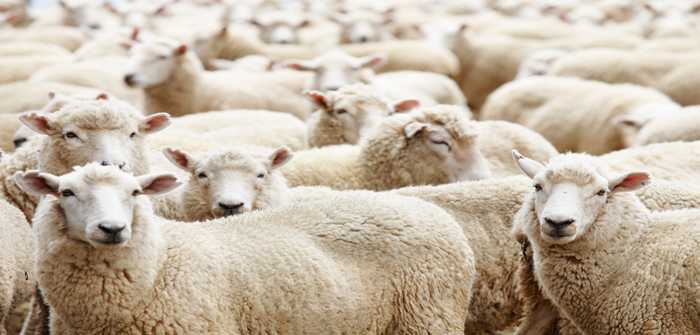The National Sheep Association (NSA) said it is adding its support to the Environment, Food and Rural Affairs Committee’s (EFRA) recommendation to Government to formally commit to upholding animal welfare and environmental standards in all post-Brexit trade deals.
NSA chief executive Phil Stocker said: “As NSA highlighted in an evidence session on the Australia Free Trade Agreement (FTA) earlier this month the terms of the FTA have damaging consequences and present risks for the UK sheep industry due to the proposed volumes of meat (not defined between carcase weights, meat cuts and whether frozen or not) and the clear non-equivalence of animal welfare and environmental standards of Australian lamb, compared to the extremely high standards demanded of UK producers.
“UK sheep farmers are already producing to these high standards, and we are also experiencing a rapid raising of environmental and welfare related standards, all of which bring an element of cost.”
The report outlines Government estimates that the FTA, which removes tariffs on a wide range of imports from Australia, including sheep meat, will boost the UK economy by £2.3 billion (or 0.08%) by 2035, but that some sectors including farming will lose out.
The report from EFRA calls on the Government to aid the UK farming and food sector in making up £278 million estimated loss the sector will experience as a result of the FTA by allocating additional support for exports.
Mr Stocker added: “It is encouraging the committee has taken on board the evidence supplied by witnesses but there is little commitment from Government there will be any provision to create a level playing field for UK producers.
“It is equally disappointing the deal did not include more far-reaching provisions on animal welfare, an area that UK producers lead on.
“As seen with the more recent New Zealand FTA it is difficult to see whether the Government is taking industry concerns seriously and whether perhaps, we risk exporting our emissions and losing our high welfare standards overseas.”


